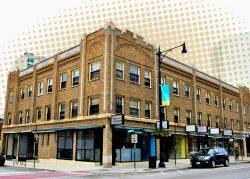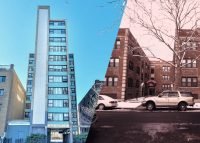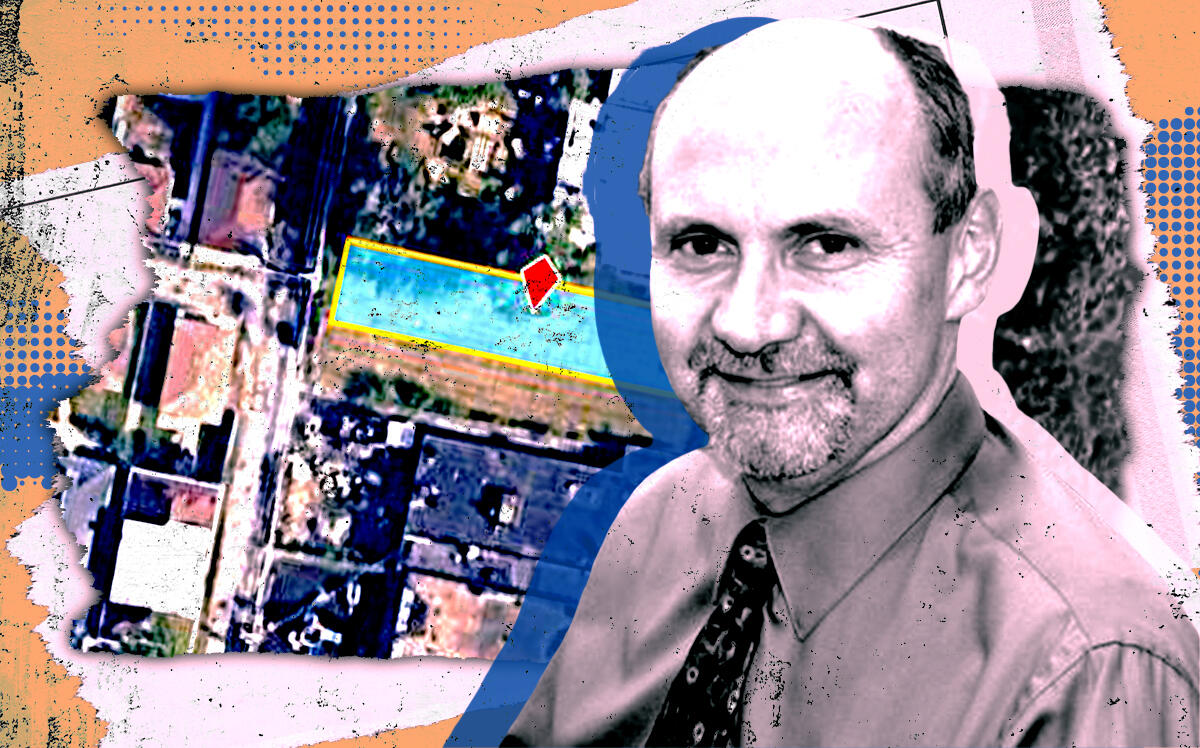Nonprofits were an increasing factor in Chicago’s multifamily real estate in 2022.
The segment of purchasers focused on acquiring affordable housing assets and maintaining their price points to keep rents within budgets of low- and middle-income workers built substantial momentum in the city this year and drew newfound attention from investors, the Chicago Business Journal reported.
Among the biggest nonprofit players that’s grown its Chicago portfolio is Boston-based POAH Communities, which, in partnership with investor Jonathan Rose Cos., paid $25 million this year to buy the 318-unit Jackson Park Terrace Apartments at 6054 South Stony Island Avenue, one of a flurry of deals purchased by affordability-minded buyers around the nearby Obama presidential Center that’s under construction.
“There are finally some big nonprofits in a position to keep properties affordable that in the past lost out to for-profit developers,” Dudley Benoit of Alliant Capital, a California-based syndicator of tax credits for development of multifamily housing, told the outlet.
One of Chicago’s oldest nonprofits, for instance, stepped into the multifamily development game this year. Chicago Lighthouse, which has served blind and visually impaired people in the city for more than a century, is working to bring a nine-story, 76-unit structure to 1134 South Wood Street in the Illinois Medical District at 1134 South Wood Street. The project will house people making between 30 and 80 percent of the area median income, or about $25,200 and $67,100 for a three-person household, with an emphasis on serving blind and visually imparied tenants, as well as income-qualifying veterans and people with other disabilities.
Meanwhile, since 2019, POAH has expanded its Chicago-area holdings to nearly 700 apartment units, after previously buying the 240-unit Island Terrace Apartments at 6430 South Stony Island for $30 million. The firm is also building a $38 million, 43-unit affordable apartment and co-op project in East Garfield Park on Chicago’s West Side.
And another nonprofit player, the NHP Foundation, raised its bet on Chicago by trying its luck at converting a single-room occupancy asset within a former hotel into larger, more modern apartment units — a type or project the organization views as ideal for maintaining affordability as standards for housing have changed over the years.
In 2016, NHP paid $7 million to buy the former Covent Hotel at 2653 North Clark Street in Lincoln Park and earlier this year received a green light from the Chicago City Council for a $21 million redevelopment supported in part by city funding of the 64-unit single-room occupancy property where former residents had shared laundry, bathroom and kitchen facilities into 30 contemporary studio apartments.
— Sam Lounsberry
Read more


